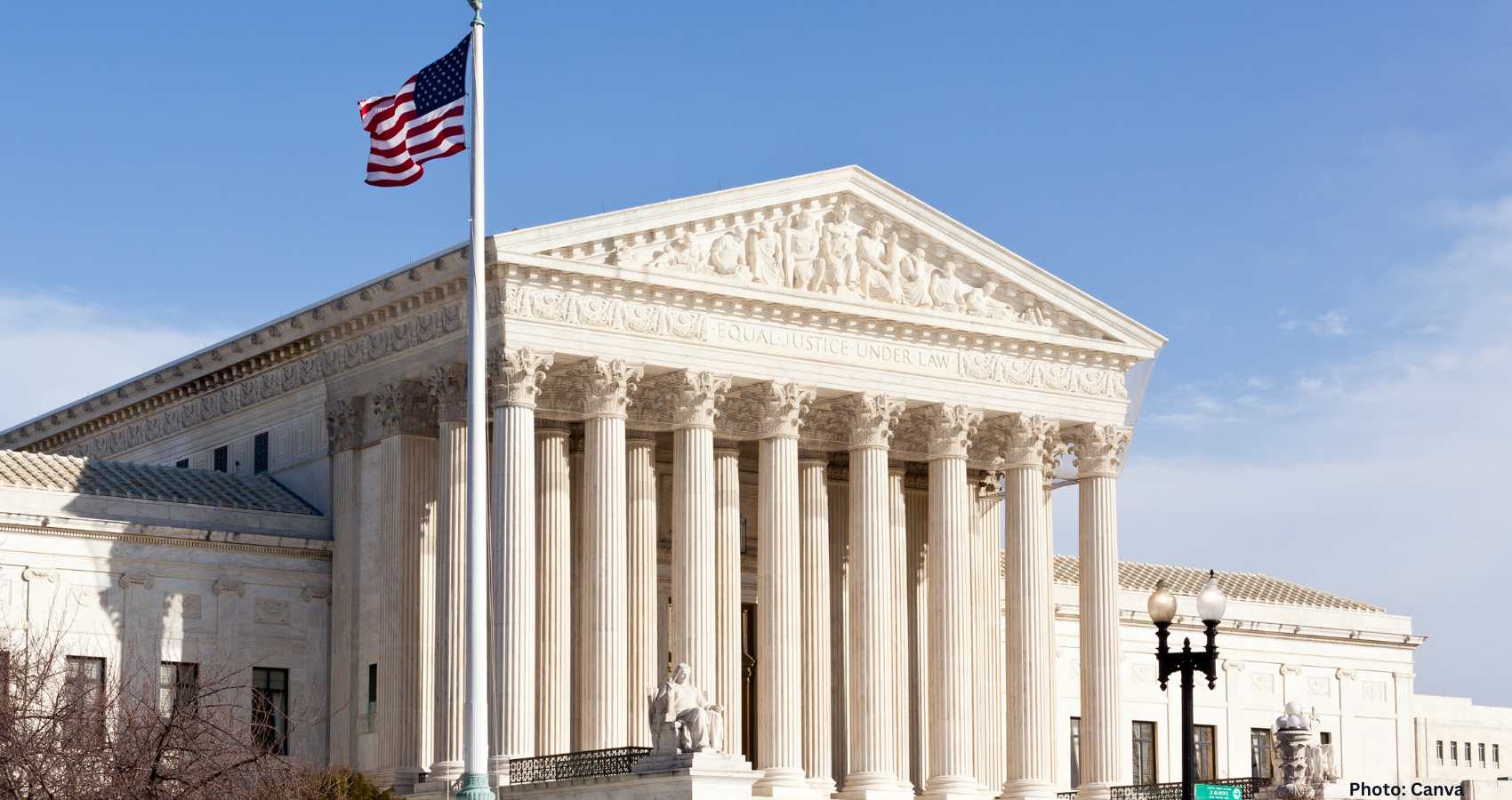The Supreme Court is poised to evaluate Colorado’s ban on conversion therapy for minors, weighing the implications for free speech, faith, and LGBTQ+ protections.
The Supreme Court of the United States is currently reviewing Colorado’s controversial ban on conversion therapy, a practice aimed at changing an individual’s sexual orientation or gender identity. The case has significant implications for First Amendment rights and the ongoing debate surrounding LGBTQ+ protections.
During oral arguments on Tuesday, the court’s conservative majority appeared inclined to support the claims of licensed counselor Kaley Chiles, who argues that the Colorado legislation infringes upon her free speech rights and the religious freedoms of both herself and her clients. Chiles contends that the law effectively censors private conversations between counselors and their clients, restricting the type of therapy she can provide.
Colorado’s law is part of a broader trend, with approximately two dozen states and Washington, D.C., enacting similar bans. The state government maintains that the legislation is necessary to regulate professional conduct, citing overwhelming evidence that conversion therapy is both unsafe and ineffective.
During the 90-minute oral arguments, several justices expressed skepticism about the law’s implications. Justice Samuel Alito highlighted a potential double standard, questioning whether the state could legitimately favor one viewpoint over another in the realm of medical advice. Justice Amy Coney Barrett echoed this sentiment, asking if the state could choose sides in a debate among medical experts regarding the safety of gender-affirming care.
Conversely, some justices sided with Colorado’s position, emphasizing the consensus among mental health professionals that verbal-based conversion therapy can be harmful. Justice Sonia Sotomayor pointed out that numerous studies indicate such practices can lead to emotional and physical distress.
The key justices, including Chief Justice John Roberts and Justice Brett Kavanaugh, may ultimately determine the outcome of the case. Roberts referenced prior court rulings that did not differentiate between professional speech and other forms of expression, suggesting that the law could be seen as infringing upon protected speech.
Chiles’ legal team describes her as a practicing Christian who believes individuals thrive when they align their lives with what she describes as God’s design, which includes accepting their biological sex. She employs “faith-informed” counseling techniques to assist young clients who wish to navigate their sexual attractions and behaviors. However, her attorneys clarify that she does not aim to “cure” clients of same-sex attractions or change their sexual orientation.
Outside the courthouse, a small group of demonstrators gathered to support the Colorado law, while Chiles’ supporters canceled their planned rally due to safety concerns. Inside, the courtroom saw a stark contrast in perspectives regarding the efficacy of conversion therapy. Colorado’s representatives argued that a substantial body of evidence supports the law’s effectiveness in preventing harm, while Chiles’ team contended that existing studies are flawed and do not demonstrate harm from conversion therapy.
Chiles’ attorney, James Campbell, argued that states should not interfere in the private conversations between licensed professionals and their clients. The majority of justices seemed to resonate with this viewpoint. Justice Elena Kagan posed a hypothetical scenario in which two doctors treat a patient with differing approaches—one advocating for change and the other for acceptance. She questioned whether it was fair for one approach to be permissible while the other was not, suggesting a potential case of viewpoint discrimination.
As the arguments unfolded, Colorado Solicitor General Shannon Stevenson emphasized that the core issue at stake was not merely about free speech but about maintaining best practices in mental health care. Alito interjected, recalling instances in history where medical consensus has been influenced by political ideologies, questioning the reliability of such consensus.
The Trump administration’s Justice Department has also weighed in, arguing that the law creates a “muzzling” effect, preventing counselors from assisting clients in accepting their assigned sex at birth while allowing other therapists to support those exploring their sexual orientation or gender identity.
Justice Ketanji Brown Jackson raised concerns about whether talk therapy should be treated differently from medical care, expressing confusion over why a therapist’s verbal guidance would not be afforded the same protections as a medical professional’s treatment.
Stevenson reiterated that the harm associated with conversion therapy arises when individuals are told they can change an inherent aspect of themselves, leading to feelings of shame and distress when they fail to do so. The American Psychiatric Association has not classified homosexuality as a mental illness for over five decades, further complicating the debate.
Chiles attended the oral arguments and later expressed her belief that her work is an extension of her faith. She advocates for access to voluntary counseling for struggling youth, arguing that they deserve better than a one-size-fits-all approach from the state.
The Supreme Court has faced a series of LGBTQ+-related cases in recent years, including a ruling that upheld a Tennessee law banning certain medical treatments for transgender teens. The court is also set to consider state laws regarding transgender athletes’ participation in girls’ and women’s sports teams.
The Colorado case has become a focal point for political and social discourse, with 187 House and Senate Democrats, along with major medical and mental health organizations, supporting the law. Conversely, groups backing Chiles include the Trump Justice Department and various conservative organizations.
In a 2015 report, the Obama administration’s Health and Human Services Department concluded that conversion therapy for minors should be prohibited. The Substance Abuse and Mental Health Services Administration (SAMHSA) stated that there is no evidence supporting the effectiveness of such interventions in altering gender identity or sexual orientation.
The current case, Chiles v. Salazar (24-539), is expected to yield a ruling by early summer 2026, marking a significant moment in the ongoing legal and societal debates surrounding LGBTQ+ rights and mental health practices.
Source: Original article

